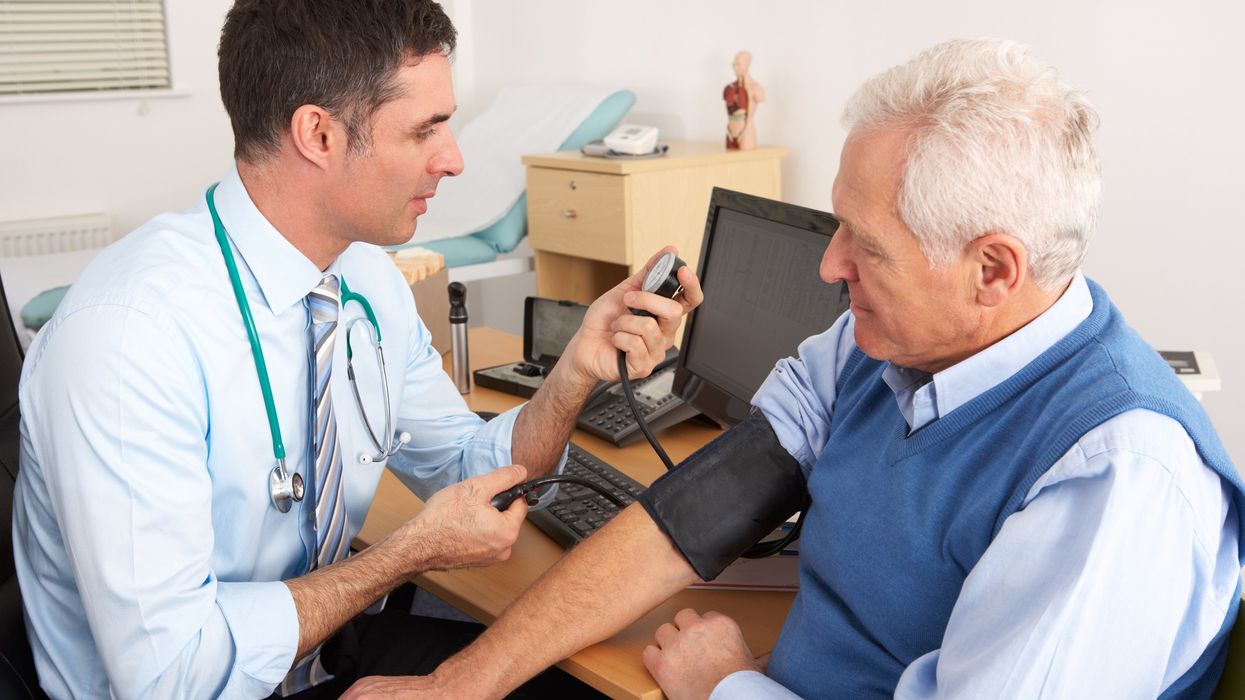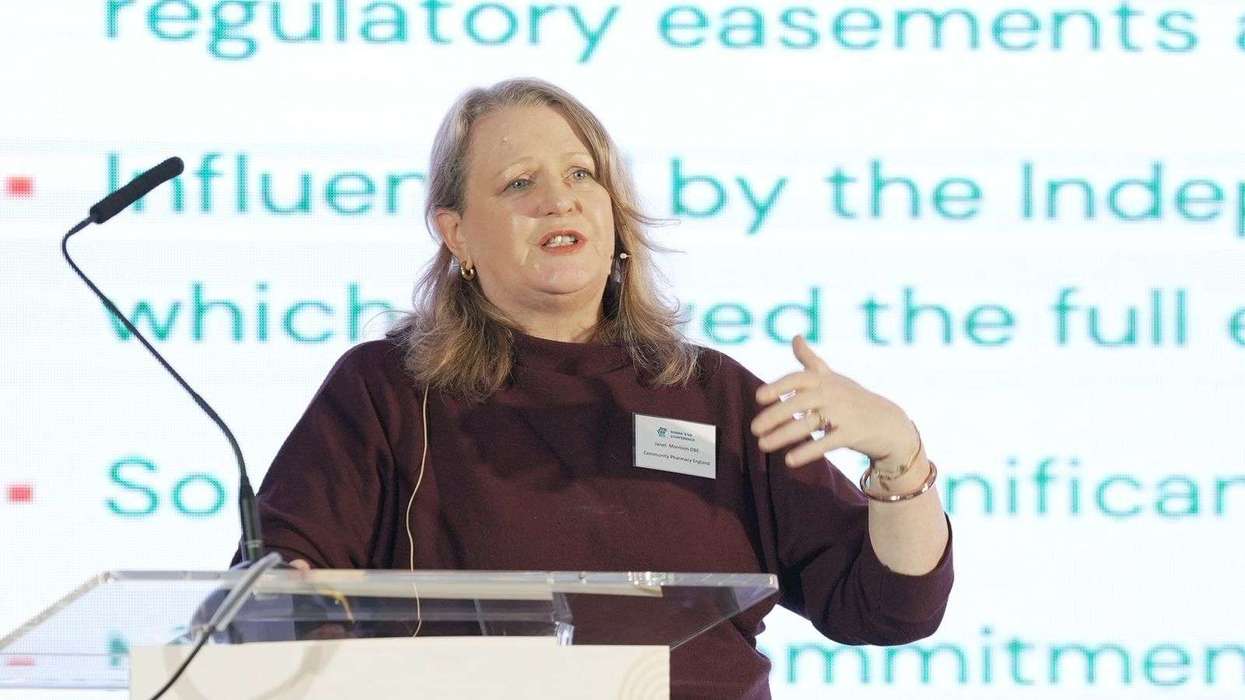Key Summary
- The government is rolling out neighbourhood health services in deprived areas
- It has sought the participation of local health and care providers and voluntary groups
- Health secretary Wes Streeting says that from September, 42 sites will begin their neighbourhood health programmes
- The government is also working to deliver neighbourhood health centres as part of its 10-year plan to rebuild the NHS
The Labour government has introduced measures to establish new neighbourhood health services in deprived areas, aiming to reduce healthcare inequalities.
The government has written to health chiefs and local authority chief executives, urging them to collaborate with local health and care providers, voluntary groups, and community members to accelerate the rollout of services across the country.
They have been asked to submit applications, outlining examples of joined-up working and innovation in their areas, to join phase 1 of the neighbourhood health programme.
This will prepare local partnerships to take on responsibility for more neighbourhood services in their area.
It will see successful applicants join an intensive national coaching programme over the summer, including major workshop days that bring together experts, GPs and their teams, patients, the voluntary sector and local authorities.
Health secretary Wes Streeting, said the government's 10-Year Health Plan is committed to building a Neighbourhood Health Service.
"Today, we are issuing an open invitation to local authorities and health services to become pioneer neighbourhood health services and lead the charge of healthcare reform," he said.
Streeting said the Neighbourhood Health Services are being rolled out initially in deprived areas "to tackle the unfair health inequalities".
"From September, the first 42 sites will then immediately start rolling out their neighbourhood health programmes, with clear guidance, support and metrics to report on regularly," he added.
The department and NHS England will work with over 40 places across the country and ensure each region is covered by the programme.
The services will be prioritised in working-class areas where healthy life expectancy is lowest, targeting communities with the greatest need first.
Neighbourhood health services will bring together teams of professionals to focus on patients with multiple long-term conditions and people with complex needs.
A joint taskforce has been set up, involving the Department of Health and Social Care and NHS England, to drive progress.
The government is also working to deliver neighbourhood health centres across the country as part of its 10-year plan to rebuild the NHS.
Pioneering teams, some based entirely under one roof, will be set up in local communities to dramatically improve access to the health service.
They will include nurses, doctors, social care workers, pharmacists, health visitors, palliative care staff and paramedics.
Community health workers and volunteers will also play a pivotal role in these teams.
Millions of patients will be treated and cared for at local neighbourhood health centres, to relieve pressure on overstretched hospitals.
These health centres will be open 12 hours a day, 6 days a week within local communities, and provide services such as diagnostics, post-operative care and rehab.
They will also offer services like debt advice, employment support and stop-smoking or weight management.












